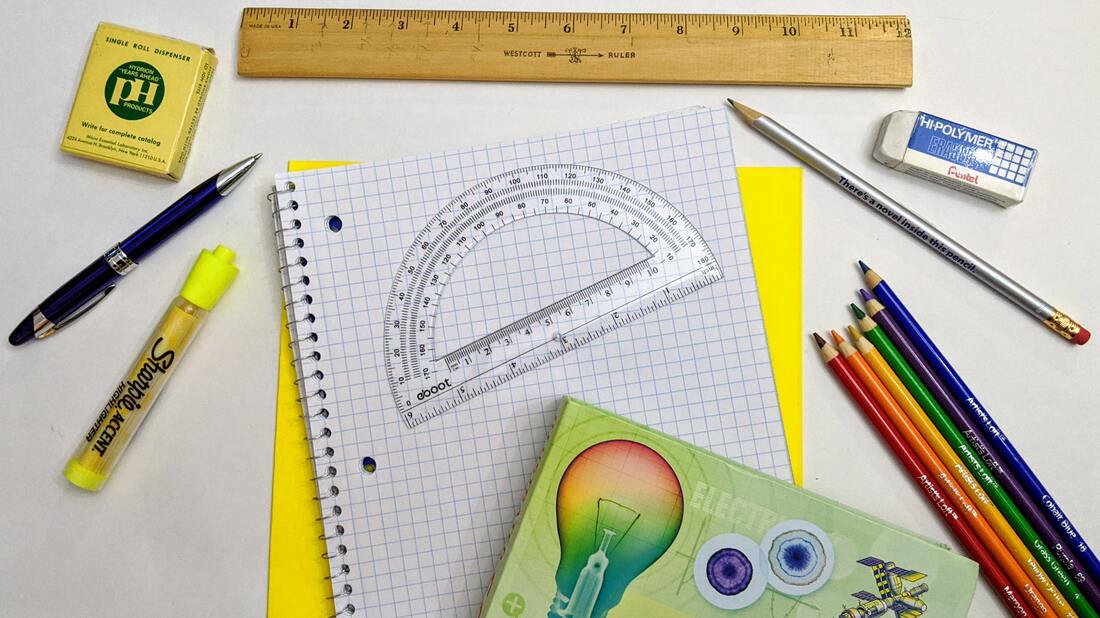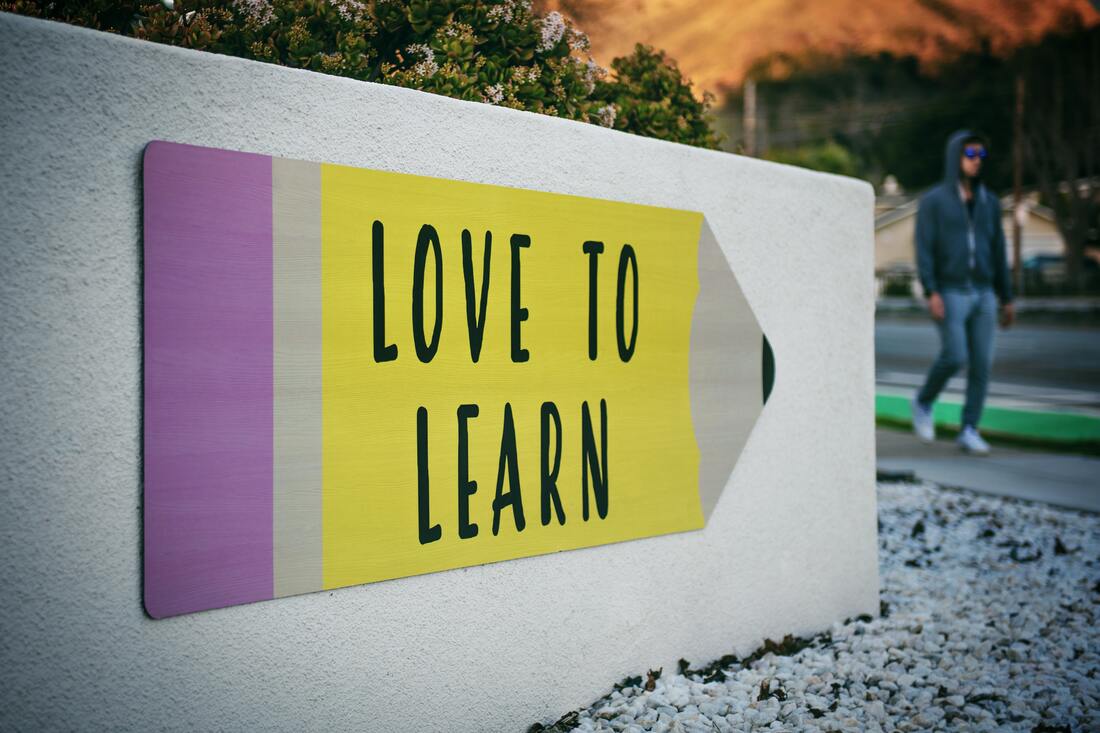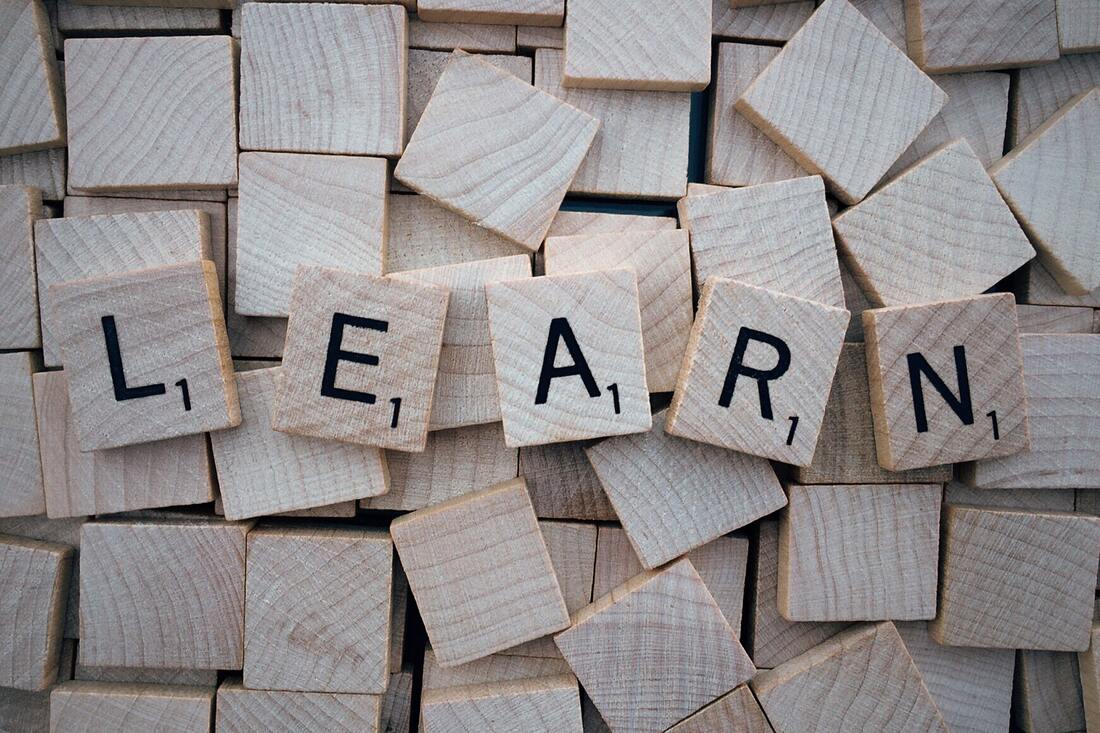|
Inspired by her year abroad, Anisha shares how we might find learning another language beneficial and most importantly, easier...
0 Comments
Memories can be all the sweeter if we slow down and appreciate the moment... Anisha explains this can help with studying too.
For our second guest blog this month, Lily Meyers, looks closely at how music can help us study better. But perhaps singing at the top of our voices, isn't quite the way to go...
September marks the start of a new academic year and as such it’s an important time for many of us. After spending months with relatively little structure over the summer, it can be difficult to get back into the flow of following a more rigid school schedule. This blog post highlights some strategies you can implement to re-establish your momentum.
The joys of sixth form/college are numerous; there’s something undoubtedly refreshing about having the autonomy to choose what, how and (for the most part) when you study. But, with this increased independence comes responsibility and it’s important to utilise the time you have, especially if you haven’t started Y13. So, today we’re going to take a closer look at one of the biggest changes you’ll encounter while shifting from secondary to A-level education: free periods.
A-levels, GCSEs and summer exams are quickly approaching. This means it would be a good idea to get some quality revision done over the coming weeks. This blog post is all about helping to get you started so that you can revise effectively and efficiently – a key part of doing well in exams. Before you read this, it would be worth reading an older Push blog that has an excellent list of time management apps (these will come in handy for helping to keep you organised).
The end of the year is quickly approaching - and this offers up a lot of time for reflection. It gives us the chance to think about everything we’ve learned over the past months, but it also provides an opportunity for us to reward ourselves for all the incredible things we’ve accomplished.
While your time at university can often be filled with social events and extracurricular activities, it’s important to remember why you’re really there — to get the best education possible. Sometimes, the distractions of everyday life at school can make it difficult to study effectively.
You may have heard the quote ‘shoot for the moon, and if you miss, at least you’ve got the stars.’ In fact, you might have even pinned up the Pinterest version in your room. Despite its popularity and cringe level, there’s still lots to unpack in this well-known saying - about potential, ambition and failure. In this blog, I’ll be talking through the art of setting goals as we face the month of new academic beginnings. But don’t worry, we’ve still got time before September starts, and this can apply to your personal or more educational goals.
Lately we hear the word "self-care" a lot. A look at Google Trends reveals that the term spiked during the pandemic and since then continues to be a hot topic in academic research, news media, and pop culture.
So what exactly is self-care, and why does it matter? That’s it. It’s over. GCSES are gone and a long summer lies ahead. It’s time to spend hours lazing about and weekends having fun with friends. Some of us might get summer jobs or do work experience but one thing is for sure – we're all going to enjoy the break.
However, something else also lies ahead... Last week, thousands of Y11s across the country sat down and opened the pages of their first exam; we’ll have to spend the next two months writing paper after paper, fiddling with calculators and trying to figure out how to use a compass for the hundredth time. As I was sitting in the exam hall I couldn't help but think: why am I doing this? We’ve all been told that GCSEs are important; they can help us get good jobs - or at least craft good applications - but how important are they really? And are they worth all that stress?
In 1844 the French author Alexandre Dumas – the man who wrote The Three Musketeers – finished a new book, The Count of Monte Cristo. It is an incredible book, if not very long-winded, because Dumas was paid by the line, which meant he put loads of unnecessary stuff in to up the word count – a bit like a student trying to pad out an essay.
Quite early on in the book, the titular hero, a man called Edmond Dantes, is in a horrible island prison where he meets an old priest digging an escape tunnel. The priest, being a very clever man, hears Edmond’s story and swiftly figures out who it was that caused Edmond to be imprisoned. Edmond is understandably angry when he hears this, and vows to have his revenge. The priest offers to help him, using the four years it will take to complete their escape tunnel to teach Edmond everything he knows – multiple languages, science, history, politics, etc. As a student, a valuable aspect of learning that often gets overlooked is the importance of being your own teacher. After years spent in education, you should hopefully have a grasp on your interests and motivations when learning. Your likes and dislikes. This understanding of yourself and your own strengths are key to being an effective learner.
But how do we get to the point where we can say we are good at learning? Reading. It’s something we all know we should do more of – but when was the last time you read a book you really enjoyed? I don’t read anywhere near as much as I did when I was younger but I’ve recently started to rekindle my interest. I’ve decided to share a few book recommendations with you and remind you how beneficial turning the pages of a book can be.
Revision is often one of the most arduous aspects of student life. Having to recall information you have heard for the first time, sometimes months ago, can be a challenge. However, being able to understand better how our brain remembers information and the triggers that we can draw upon will help immensely in those pressurised moments in exams where we just can't put our finger on that key idea that we need.
This is a very important question that doesn’t get asked enough. There is a fuzzy back-ground comprehension that high performance has to do with efficiency, quality, productivity, and effortless competence. Now the definition of high performance is “(of an aircraft or motor vehicle) designed to achieve high speeds, (of a product) designed to a high standard,” so, on face value, it makes sense that this is what we think of.
Let’s be real, the end of semester one will probably go out not with a bang, but with exams. If you’re reading this as a student in first year, you may be a little confused with what university exams actually are. All you’ve known are the AQA A-Level papers sent straight from hell. So, if the last exams were your A-levels or BETCs sat six months ago (assuming your school even did these), it’s probably been a while since any of us have sat down to do actual exams.
Thanks to significant growth in the e-learning industry over the past decade, it's now possible to learn almost anything online. As an avid consumer of online courses for business and pleasure, I wanted to share some of my favourite resources for studying remotely. But first, let's look at five practical reasons why you should consider taking online courses.
Work smarter, not harder, is a favourite mantra of mine. Although this article focuses on studying, it can be applied to every aspect of life.
The inspiration for this topic came to me a few months ago, as I sorted through a box of old paperwork in my room. I came across a sheet of paper from my A-levels, listing the hours of revision I had done each day. I stared down the columns of 5s, 6s, and 7s, and was struck by the vivid recollection of just how bad my revision had been. Exam season can be stressful – mountains of revision, deadlines closing in and the ticking clock in the exam hall, counting down the seconds. You might feel obliged to get a certain grade or meet expectations. It can feel like you’re under a lot of pressure from many different people, including yourself. Some dread the long hours of revision leading up to exams but are relieved when it's over. Others can’t stop worrying about the answer to question 7 - or was it question 6? as the invigilator marches away with their paper...
Whilst getting good grades is important, you also have to be kind to yourself. It's all too easy to forget this and get caught up with the stress and anxiety exam season can bring. Below I’ve listed some techniques I use to keep myself level headed and calm as I do my mock exams. You didn’t think getting a degree would be all fun and games, did you? I guess it was hard to anticipate that opening your laptop would result in a burst of unfinished essays, deadlines, coursework, lectures and seminars all screaming at you.
So, if you’re reading this, you’ve survived freshers week. That serves a massive congratulations. It may have seemed like seven days of non stop raving, served with a small flu on the side, or an eternal echo chamber of people's names and what courses they're studying. Either way, it's no easy feat transitioning into university and fresher's week is quite a step up.
In a world full of social media and other digital distractions, technology can either be a huge time drain, or it can be used to our advantage. Whether you want to improve your family or social life, your work performance, or your study habits, you can do it with the help of a good productivity app.
I'm going to share a few of my favourite productivity apps below, but first let's look at the benefits of using a productivity app to track your habits and goals. This article is not for neurodivergent people. Well, you’re welcome to read it, but it’s aimed at neurotypical people. Most of what I’m about to tell you is normal for neurodivergent people, it won’t surprise you. These experiences are common ones. This is hoping to make those who don’t experience these things a little more aware of those of us who do, and how that affects us.
|
This section will not be visible in live published website. Below are your current settings: Current Number Of Columns are = 1 Expand Posts Area = Gap/Space Between Posts = 15px Blog Post Style = card Use of custom card colors instead of default colors = Blog Post Card Background Color = current color Blog Post Card Shadow Color = current color Blog Post Card Border Color = current color Publish the website and visit your blog page to see the results Categories
All
We're always interested to hear from talented young writers, so if you'd like to feature as a guest author then hit us up for more details.
|
Student blog: What's new?
Author
Write something about yourself. No need to be fancy, just an overview.
This website uses marketing and tracking technologies. Opting out of this will opt you out of all cookies, except for those needed to run the website. Note that some products may not work as well without tracking cookies.
Opt Out of Cookies

























 RSS Feed
RSS Feed